 1
Issue 1
1
Issue 1
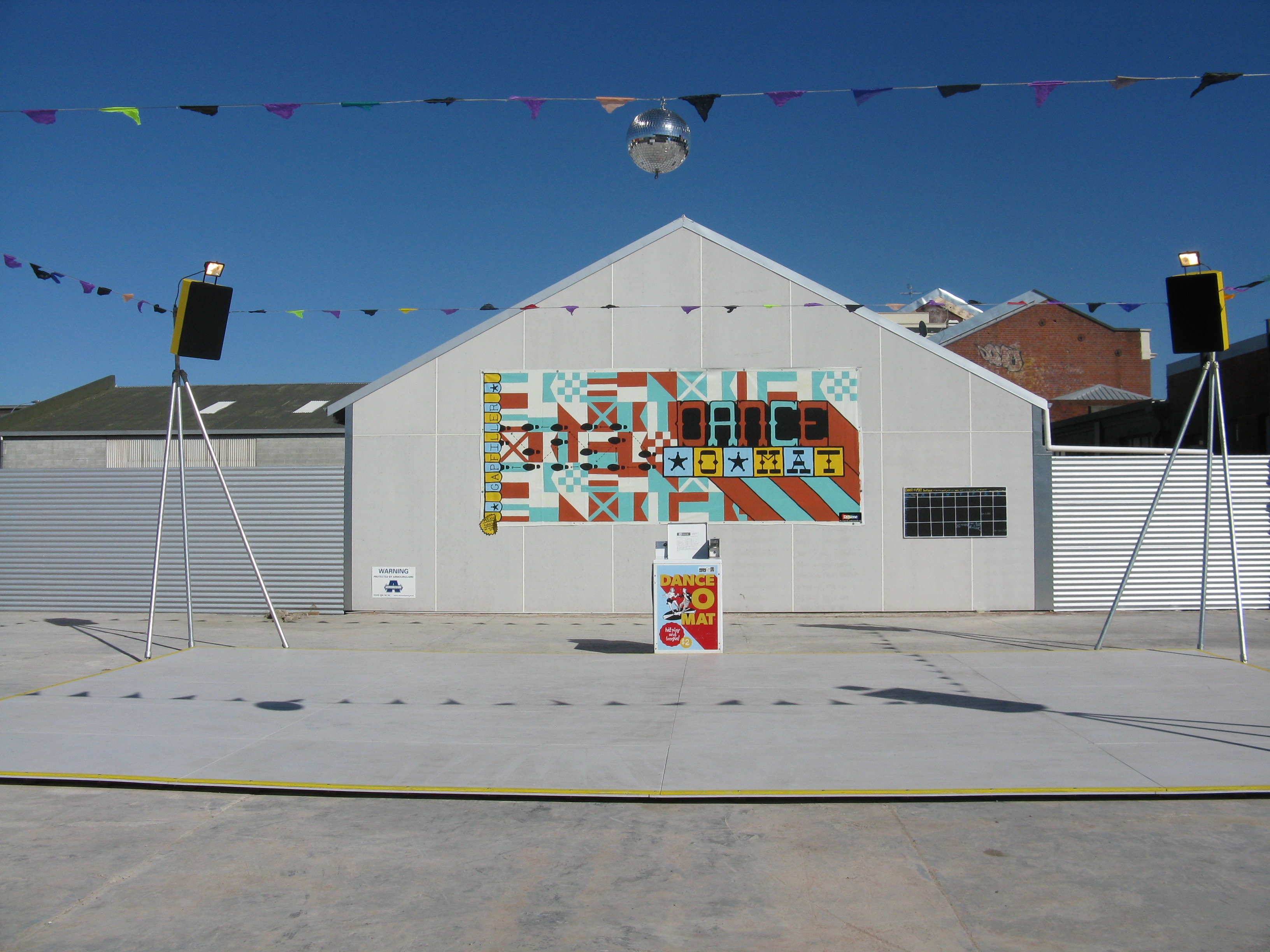
Gap Filler's Dance-O-Mat project, Christchurch, New Zealand
Ciudades a Escala Humana
“There are three main problems we have to face and work on together: economic restrictions, because the age of big urban interventions is over; climate change, so we need to adapt the built environment, and social change that is transforming society with new paradigms of learning, governance and corporate behaviour”, says Manu Fernandez, who founded Ciudades a Escala Humana, his blog, in 2008.
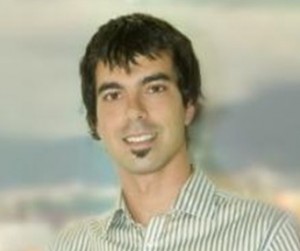
Manuel Fernandez, founder of Ciudades a Escala Humana.
I always find it hard to define my professional profile. I am not an architect, urbanist, economist or technologist, but these are the topics frequently addressed in my research, consultancy and at Ciudades a Escala Humana. I usually state that I am what I read and what I write, because there you will find my interests and positions about different urban topics.
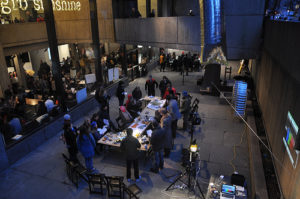
Public Laboratory for Open Technology and Science (PLOTS), Cambridge, Mass., USA
Ciudades a Escala Humana began as an exploration into the interrelated contemporary issues of urban economy, adaptive urbanism, the impact of technology within urban life and sustainability and transport. It has become my main research tool to understand emerging topics, connect the dots of what others are writing, and discover posts and sites relevant in the topics I am trying to clarify. I use it mainly as a find-read-select-synthesize process in which other social tools (Delicious, Twitter, Tumblr) are also relevant to this procedure. Its role is not only for continued research, but also the best way to share my thoughts and build a community of people reading, commenting on and even meeting face to face.

Gap Filler, Christchurch, New Zealand
Three main topics have gained a more comprehensive focus in Ciudades a Escala Humana throughout the years: adaptive urbanism, a bottom-up approach to smart cities and sustainable, creative local economies. I am a strong advocate for adaptive urbanism. My concern is very much about how economic crisis is impacting cities, basically in the Spanish context, but using international cases as a reference, there are three main problems we have to face and work on together: economic restrictions, because the age of big urban interventions is over; climate change, so we need to adapt the built environment, and social change that is transforming society with new paradigms of learning, governance and corporate behaviour.
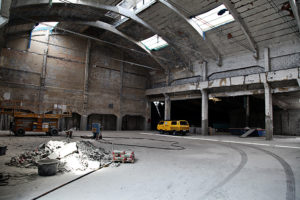
Papelera ZAWP, restoration of an old paper factory in Bilbao by ZAWP
There’s a need for less hierarchical policy planning in favour of open source urbanism, tactical urbanism and participatory planning. On my blog I’ve recently written about the relationship between masterplanning and adaptive planning, for example, and on initiatives such as UP: San Francisco, a festival whose theme is Placemaking through Prototyping; Gap Filler, Christchurch, New Zealand, which promotes the temporary use of disused urban sites; Renew Newcastle (Australia) and other examples in the UK of how to cope with vacant premises on high streets; and ZAWP Bilbao, a great example of how to address temporary uses on large scale developments.
When it comes to bottom-up approaches to smart cities, I’ve been active for quite a while on issues concerning the intersection of technology, innovation and the city, even before the ‘smart cities’ sloganising began. I have lectured, participated in research projects and written a lot about this big challenge for our cities and have built a critical understanding, advocating the need to ‘urbanize’ technology, to design smart technology from a user-driven design process, and to deploy new technologies considering local needs and from a bottom-up perspective in which all urban knowledge disciplines take part.
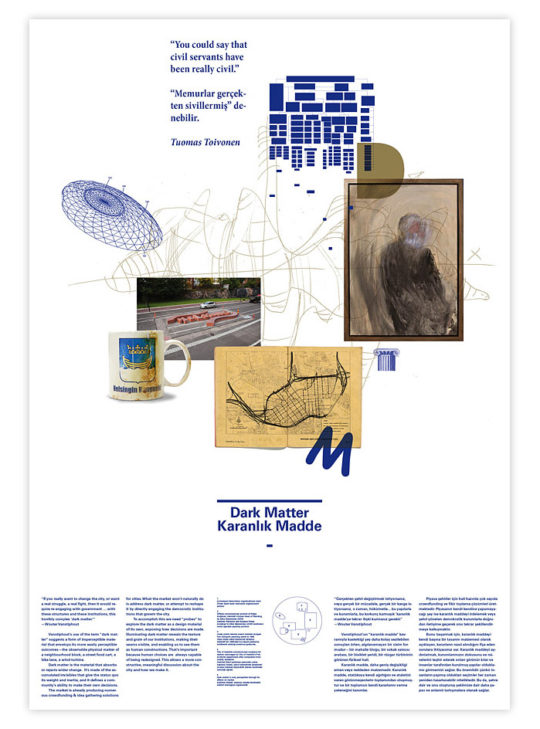
Dark Matter, Brickstarter exhibition, Istanbul Design Biennale, 13 October-12 December 2012
The Public Lab for Open Technology and Science (PLOTS, Cambridge, Mass) is one such scheme I’ve covered; collective, crowdsourcing mapping, is another strong, related theme and, in general, research approaches on the impact of technology in urban life based on ‘living labs’ are of great interest to me.
Building sustainable creative local economies is an essential part of the critical picture. I have been involved in different consultancies aimed at helping cities and decision makers create more vibrant economies using innovation and technology-led initiatives. Brickstarter, which explores new interfaces between citizens, communities and institutions, is one example of a bottom-up initiative I’ve discussed on the site and, at the same time, I am looking into new location strategies of start-ups in city centres.